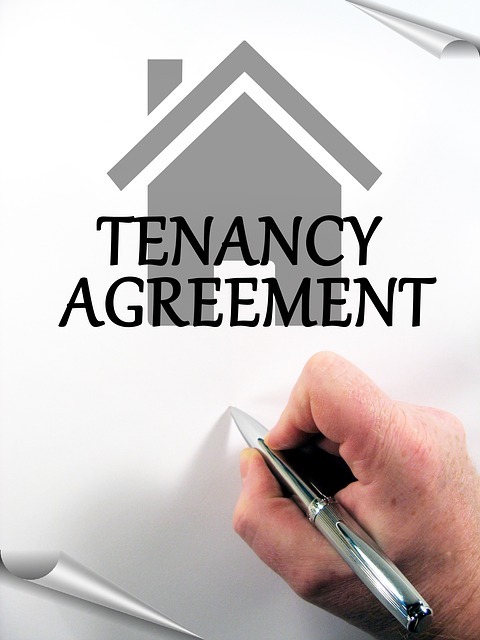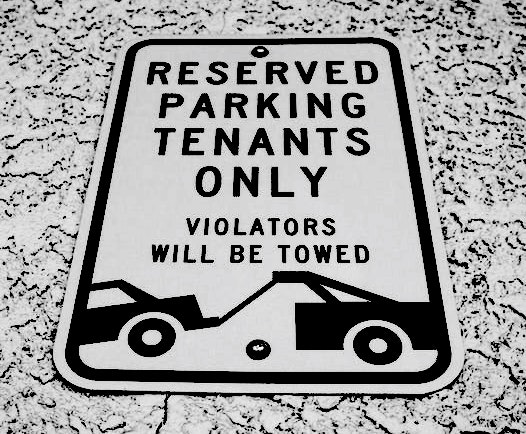
During a time in which most of us are confined to our homes because of the COVID-19 pandemic, it is a bitter irony that many renters are now in a position where their housing security is in jeopardy.
Many people who find themselves without a steady income simply do not have the capability to cover rent payments, especially underemployed or unemployed workers, or those who have lost their jobs because of the pandemic.
In such circumstances, renters would naturally seek relief from their normal rent obligations.
Likewise, when faced with tenants who cannot afford to pay rent, landlords are left wondering what their rights are, and what incentives are being offered by the government to prevent evictions.
Some renters also may experience discrimination due to suspected infection, while landlords will wonder what steps they can legally take to protect the health and safety of their other tenants.
Though various forms of relief have recently been provided to both landlords and tenants, many still have questions regarding their legal rights.
The Situation for Tenants Affected by the COVID-19 Coronavirus
On April 10, Connecticut Gov. Ned Lamont passed executive order # 7X in an effort to ease the financial burden on those unable to pay rent due to the impacts of COVID-19. The order implements the following series of protections for residential renters:
- Landlords are prohibited from issuing a notice to quit or beginning eviction proceedings before July 1, 2020, except for serious nuisance, such as physically harming another tenant or the landlord;
- For rent due in April 2020, landlords must grant tenants an automatic, 60-day grace period for payment, instead of the existing 9-day grace period;
- For rent due in May 2020, landlords must grant a 60-day grace period for payment upon the request of tenants. Under this provision, a tenant must to notify the landlord that they have lost a job, lost hours, or otherwise lost revenue or faced significant increased expenses as a result of the COVID-19 pandemic, and;
- If a tenant has a paid security deposit of more than one month’s rent, the tenant can apply all or part of that excess to April, May, or June rent. Under this provision, the tenant must notify the landlord that they have lost a job, lost hours, or otherwise lost revenue or faced significant increased expenses as a result of the COVID-19 pandemic.
Though the deferred rent payment options above will undoubtedly protect many renters from homelessness or eviction during the pandemic, a significant issue remains: how will renters manage to make a double rent payment in June, and another double payment in July, should they decide to request the additional 60-day deferment for May rent?

Would a renter be exposed to liability if they’re not able to afford the deferred payments when they come due?
Though the quarantine may be lifted in the coming months, renters will still be responsible for payments during a period in which they had no income, and most will be returning to the same or similarly-compensated jobs.
As a result, many will not be able to cover the lost wages even with deferment. This is a particularly pressing concern for renters, who statistically have less savings than property owners.
Many renters have expressed concern regarding whether fair housing laws prohibiting discriminatory practices apply to individuals who are actually or possibly infected with COVID-19, or have ties to a country that has been particularly affected by the coronavirus.
In short, it is illegal for landlords to deny housing or shelter because you come from, or are perceived to be from, a country acutely affected by COVID-19.
Such discrimination includes imposing different rules upon individuals from such countries, and serving such individuals with a notice to quit or eviction proceedings.
Similarly, through state and federal housing laws prohibiting discrimination based on disability, it is illegal to deny housing or shelter based on a belief that a potential tenant has the virus, or to impose different rules upon someone based upon such a belief or force them into quarantine.
However, there are gray areas that may expose both tenants and landlords to liability. For example, to what extent can a landlord notify the other renters in his/her community should it become known that one of them has contracted COVID-19? What about a renter who knowingly lies about being infected with the coronavirus when seeking housing? What if other members of the community fall ill as a result?
FAQs for Landlords Doing Business Amid the Coronavirus Pandemic
Unfortunately, Governor Lamont’s efforts to provide relief to landlords have been less robust.
For those landlords with mortgage payments, Governor Lamont reached an agreement with several credit unions and banks to suspend such payments for 90 days, with similar relief regarding foreclosures and negative marks upon credit scores. More detailed information regarding mortgage relief may be found here: https://portal.ct.gov/DOB/Consumer/Consumer-Help/COVID-19-Mortgage-Relief
Despite the relief options outlined above, unanticipated situations will undoubtedly arise, and landlords will likely be unfairly saddled with most of the burden in providing relief to their tenants.
In fact, many landlords in Connecticut are concerned that they will never see the April rent payments deferred by the automatic 60-day grace period. It is highly likely that many renters will never be in a position to catch up on the deferred rent payments, leaving landlords in a financial quandary.
For landlords facing mortgage or other payments relating to their properties, never receiving these deferred rent payments would be particularly devastating once Governor Lamont’s 90-day moratorium expires.
Furthermore, it is unclear what consequences a landlord may face should they refuse to provide additional relief for rents due in May, where a landlord believes the justification provided by the tenant for said relief is insufficient or unreliable.
Cramer & Anderson Attorneys Are Here to Help Renters and Landlords
If you are a renter wondering what your options are regarding deferred rent payments, facing wrongful eviction, being subjected to discrimination in any form due to suspected COVID-19 infection or national origin, or are experiencing any other housing issues due to the impact of the COVID-19 pandemic, our highly experienced attorneys specializing in landlord/tenant law would be happy to speak to you for an evaluation.

Landlords with questions regarding their rights, especially pertaining to deferred rent payments, evictions, and potential abuses and or/negative effects of the protections put in place for renters, should consult our attorneys as soon as possible.
Contact me for assistance, or reach out to Partner Kim Nolan, who has lectured on the fundamentals of landlord-tenant law in Connecticut.
At Cramer & Anderson, we are diligently monitoring the ever-evolving landscape of legal issues presented by the COVID-19 pandemic, and will continue to provide updates on our website.

